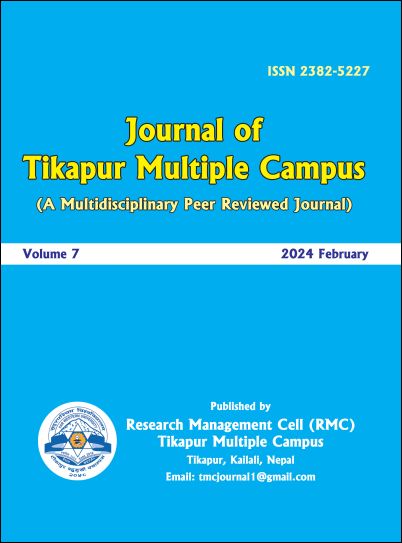Interplay of Learning Theories in the Development of Reading Skills
DOI:
https://doi.org/10.3126/jotmc.v7i1-2.63185Keywords:
Behaviourism, cognitivism, constructivism, social learning, reading skills, relationshipAbstract
The development of reading skills is a complex process influenced by various learning theories. This interplay of learning theories encompasses several prominent perspectives, including behaviourism, cognitivism, constructivism, and social learning theories, among others. In this regard, this paper aims to explore the interplay of different learning theories—such as behaviorism, cognitivism, constructivism, and social learning—and their collective roles on the acquisition and enhancement of reading skills. Based on the related literature review, this paper focused on the relationship between learning theories and reading skill development in English as a Foreign Language (EFL) context. It argues that the convergence of these theories enriches our understanding of the intricate process of reading comprehension. The key findings claim that in the dynamic interplay of these learning theories, behaviourism provides foundational skills, cognitivism explores mental processes, constructivism emphasizes the meaning-making process, and social learning theories highlight interactive experiences. The study suggests avenues for future research, encouraging scholars to delve deeper into the dynamic relationship between learning theories and the intricate process of developing reading skills.
Downloads
Downloads
Published
How to Cite
Issue
Section
License

This work is licensed under a Creative Commons Attribution-NonCommercial 4.0 International License.
This license enables reusers to distribute, remix, adapt, and build upon the material in any medium or format, so long as attribution is given to the creator. The license allows for commercial use.




